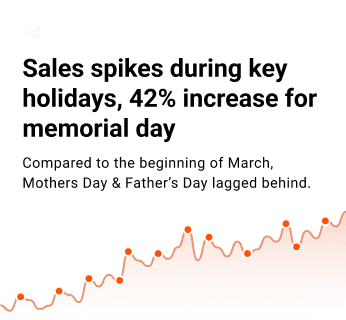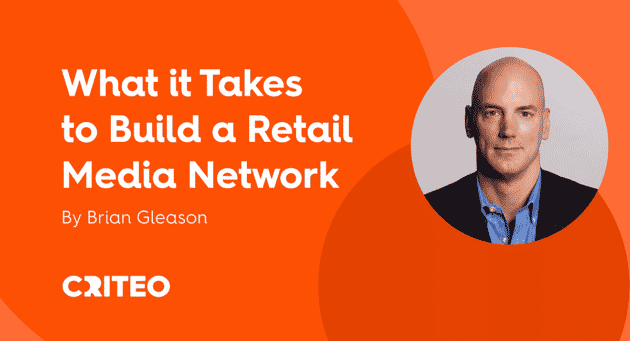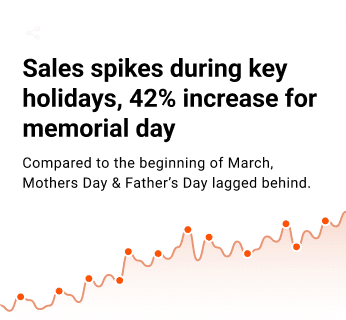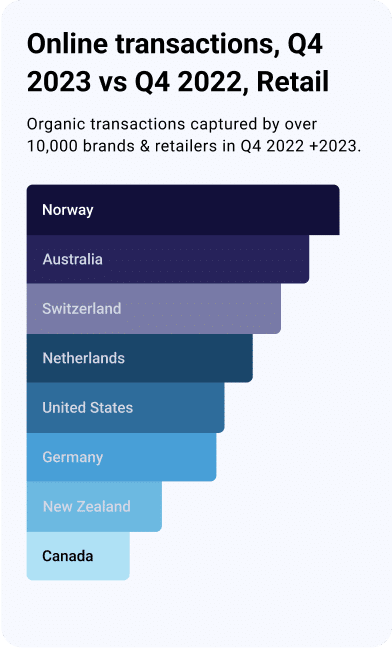To stand out in today’s economy, your brand needs more than just a great product and a catchy marketing campaign. You also need a mission that speaks to your audience. In an unprecedented age of transparency, shoppers aren’t just buying for the brand but for the brand’s values.
This isn’t just a mission statement you frame and hang in the office canteen, it’s a set of values that build the foundation for your company every day. Ecommerce startups have led the way in creating mission-driven products and statements from the ground-up.
Let’s take a look at three mission-driven direct-to-consumer brands that are doing it right.
ALOHA
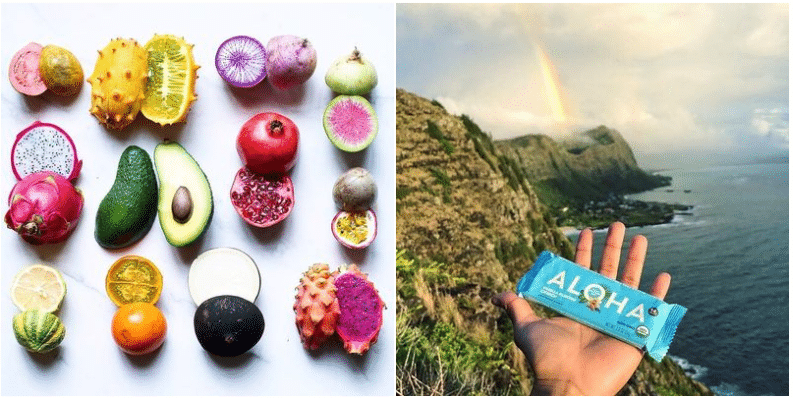
A line of plant-based health foods, ALOHA was started by CEO Constantin Bisanz whose mission to raise quality standards for global health foods.
The brand’s mission statement states, “…there’s actually a very simple recipe for eating well: keep it close to the earth.”
For ALOHA, that means giving back to the earth and partnering with initiatives that align with the brand’s values. The company partners with the Hawaiian Islands Land Trust and Maui Cultural Lands to regularly give back to the community.
This model has worked wonders to attract the attention of consumers and investors alike. ALOHA raised $4.5 million in initial seed funding. From 2015 to 2016, the company increased gross sales by 100 percent.
Brands like ALOHA know that to truly have staying power, values and lifestyle are critical. The company is framed around movement, exercise, meditation, and social connection.
In a press release, Molly Breiner, Head of Marketing at ALOHA stated, “We’re focused on delivering great products that harness the incredible nourishment contained naturally within plants such as organic pea, pumpkin and hemp protein. Above all, we’re aimed to help consumers live happier and healthier lives.”
Everlane
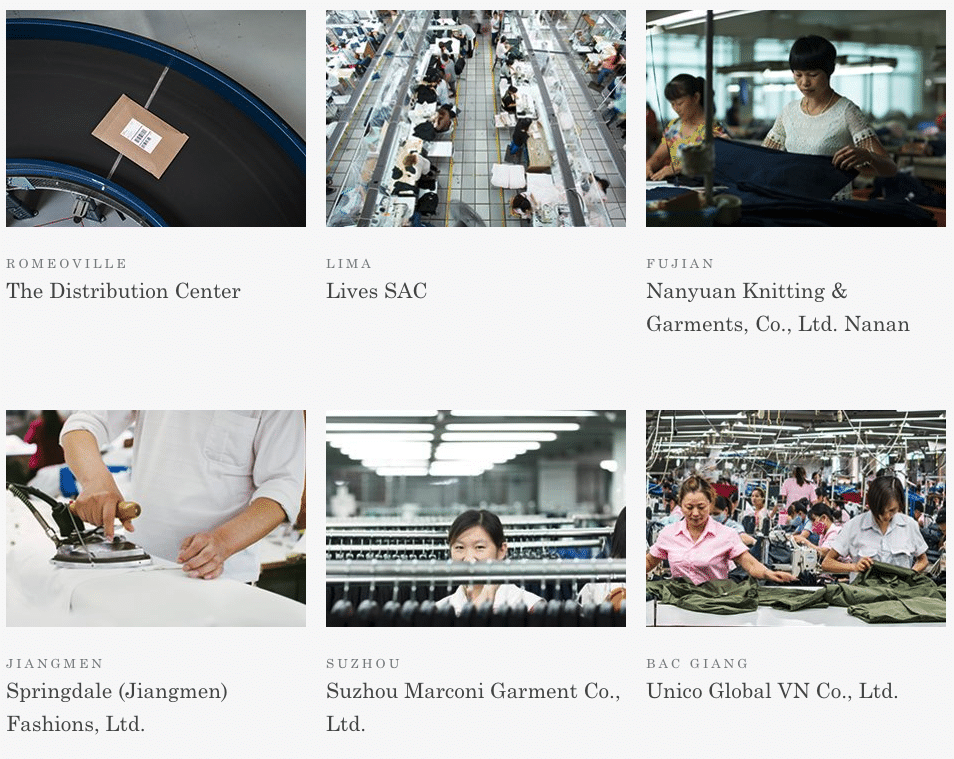
Everlane is perhaps one of the most successful direct-to-consumer labels to emerge within recent years.
Founded in 2010 by Michael Preysman, Everlane promotes ethically made fashion and sells high quality wardrobe stables like cardigans, t-shirts, and shoes online. Recently, the team invested in brick-and mortar stores in New York and San Francisco.
Millennial shoppers have been attracted to Everlane’s message of radical transparency. That means supporting products that are “ethically made”, which means the factories in which the goods are made must undergo a compliance audit in factors such as wages, hours, and environment.
Along with the “stories” of the company’s selected factories, Everlane’s website details a cost breakdown of what it cost for various key products – both for manufacturer and consumer.
In 2013, just two years after launching, Everlane posted $12 million in sales and is now estimated to be worth over $250 million.
Allbirds

Total Retail reports that 45% of millennials say they could be influenced to buy products from companies committed to helping the environment, and with shoe brand Allbirds, whose mission is to make “better shoes in a better way,” this is proving to be the case.
A sneaker startup founded in 2015 by Tim Brown and Joey Zwillinger, Allbirds’ first offering was a sneaker made of wool, and now, with a total of $27.5 million in funding, the company offers a sneaker made of eucalyptus pulp and recycled bottles. The brand’s website walks shoppers through the various ways the sneakers are manufactured using sustainably sourced or recycled materials, including recycled bottles and castor bean oil, and proudly displays their Forest Stewardship Council Certification.
In two years, Allbirds has sold a million pairs of its wool shoes, equal to roughly $100 million in sales, and the eucalyptus version is expected to be a hit as well. Now with its brick-and-mortar locations on the rise and international expansion, Allbirds’ sustainability-focused business model looks like it’s here to stay.
A Mission to Win
As the first generation of shoppers who are fully comfortable online, Gen-Z shoppers (born between 1996 and 2010) overall have a strong sense of purpose, with 68% thinking that brands should help them achieve their goals.
And while sometimes the media makes it seem Millennials and Gen Xers have very little in common, studies show that Gen X has more influence than marketers often give them credit. Since they’re in-between Millennials and Baby Boomers, they could be supporting both aging parents as well as their own children, making their brand expectations – sincerity and authenticity – not only influential but not that different from Millennials or Gen Z.
The consumer response and continued growth of companies like Everlane, Allbirds, and ALOHA prove that mission-driven marketing is more than just a passing trend. In the future, your mission may very well be more important than your product.
Learn more by downloading our pocket guide to sporting goods marketing:









